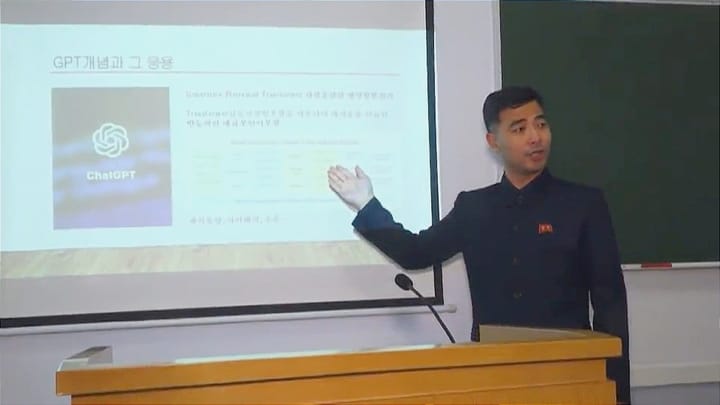Resumé Roulette: When AI Filters Talent Before Humans Ever See It
AI is filtering job applicants before humans ever see them. Here’s how it works—and why it may be costing companies great talent.

In today’s hyper-automated hiring landscape, your next opportunity might be lost in the algorithm before a single recruiter lays eyes on it. This isn’t a tech dystopia—it’s the real, invisible gatekeeping of AI-driven recruitment. Welcome to Resumé Roulette, where formatting, phrasing, and keyword density determine your career trajectory more than your actual experience.
The Rise of Algorithmic Gatekeepers
Companies today are flooded with applicants—large enterprises receive over 250 resumés per job listing, according to a report by Glassdoor. To manage the deluge, 75% of companies now rely on Applicant Tracking Systems (ATS) and AI-powered screening tools that sort, rank, and reject resumés automatically.
These systems are trained on historical hiring data and predefined parameters: keywords, skills, job titles, degrees, and even tone. If your CV isn’t perfectly aligned to the algorithm’s expectations, it may never reach a human.
Ironically, the very diversity and creativity recruiters claim to seek may be filtered out by the digital front door.
Bias by Design, Not Intent
While AI promises objective evaluation, it often replicates and reinforces past hiring biases. Amazon famously scrapped its AI hiring tool in 2018 after it began penalizing resumés with the word “women’s” or graduates from all-female colleges—simply because the data it was trained on favored male candidates.
“AI doesn’t remove bias. It automates it,” says Joy Buolamwini, founder of the Algorithmic Justice League.
That means candidates from non-traditional backgrounds—self-taught coders, career-switchers, or graduates of newer universities—may be overlooked not because they’re unqualified, but because they don’t fit the model.
Optimizing for Algorithms, Not People
The new career hack? Writing for machines, not managers. Professional resumé writers now offer “ATS optimization” services—ensuring the right keywords, section headers, and even file formats are used. Tools like Jobscan and Rezi help job seekers tailor their applications to beat the bots.
But this shift raises deeper concerns: are we encouraging applicants to game the system rather than grow their skills? And are companies hiring the best people—or just the best at SEO?
Is There a Human in the Loop?
Some startups are fighting back with “human-first” recruiting models, pledging to review every application manually. Others are building AI models with ethical auditing layers—ensuring transparency in rejection criteria and offering feedback to candidates.
Still, for many job seekers, especially in tech and digital roles, getting ghosted by an algorithm has become a frustrating norm. The human touch in hiring is increasingly rare—and for many, that feels like more than just a missed opportunity. It feels like being invisible.
Conclusion: Don’t Just Play the Game—Change It
Resumé Roulette exposes a critical fault line in the AI-led future of work. While automation can streamline hiring, it also risks creating a system where the best candidate might never even make the shortlist.
Companies must balance efficiency with fairness, building more transparent and inclusive AI systems. And job seekers? They need to learn the rules of the algorithm—not to cheat, but to be seen.
Because in this new age of digital gatekeeping, visibility is everything.


